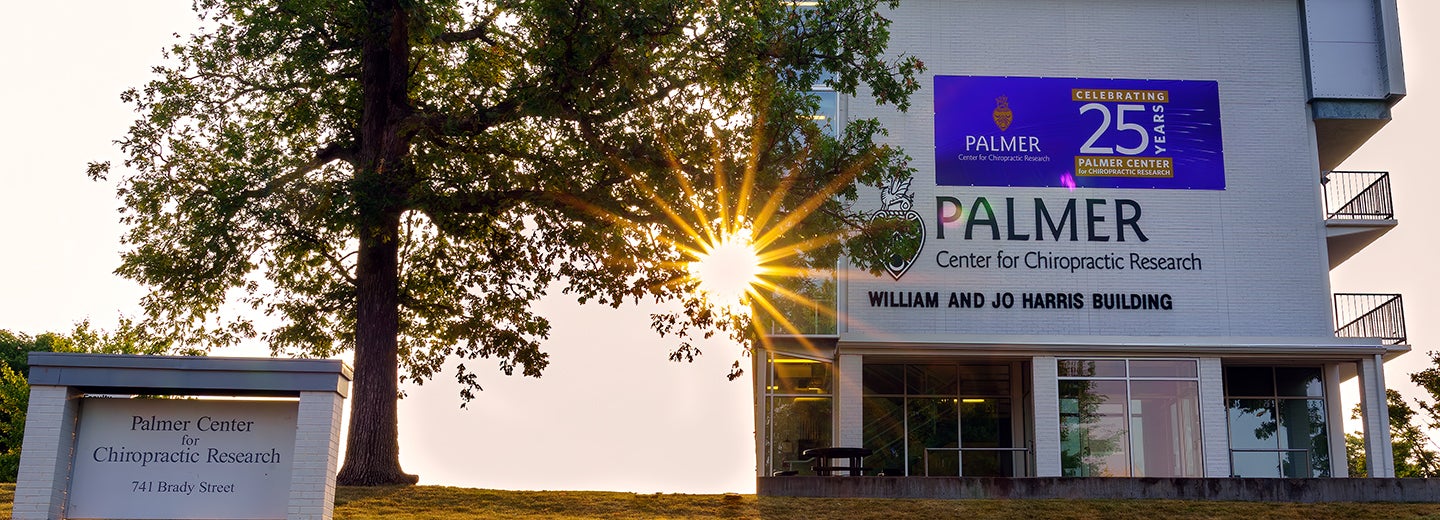Grow your knowledge.
EBCP Resources
Critical Appraisal Practice Forms
Push Services
There are a number of resources you can use to stay current and do so automatically. For example, PubMed offers a free service called MyNCBI. When you sign up for this service, you can set it up to email any study that gets published fitting search criteria that you create. Below are some helpful push services.
- MyNCBI (PubMed)
- PubCrawler
- McMaster Plus
- EvidenceALERTS
Patient-Reported Outcome Assessments
Public domain resources to assess and objectively measure your patients’ pain, disability and improvements.
- Rand SF36
- Roland-Morris Disability Questionnaire (RMDQ)
- Visual Analog Scale (VAS)
- OswestryLow Back Pain Questionnaire
- Numeric Pain Rating Scale (NPRS)
- Neck Disability Index(NDI)
- Patient-Reported Outcomes Measurement Information Systems – PROMIS
- STarTBack Screening Tool
- Fear-Avoidance Belief Questionnaire (FABQ)
- Patient-Health Questionnaire and General Anxiety Disorder (PHQ-9, GAD 7)
Guidelines
Journal Search Engines
When you have a clinical question, you’ll need to find studies to answer it. There are a variety of different databases that you can search to find evidence. MEDLINE database is a first choice for many and it can be accessed through PubMed. This database is managed by the U.S. National Library of Medicine and National Institutes of Health. There are Federated Search Engines such as ACCESSSS and TripDatabase. These search engines access a variety of databases and aggregate the results. Searching databases takes a little practice so don’t get discouraged. A librarian can be very helpful.
PubMed
MacPLUS Federated Search
TRIP
McMaster University’s Health Evidence
Index to the Chiropractic Literature
World Federation of Chiropractic – Suggested Reading

